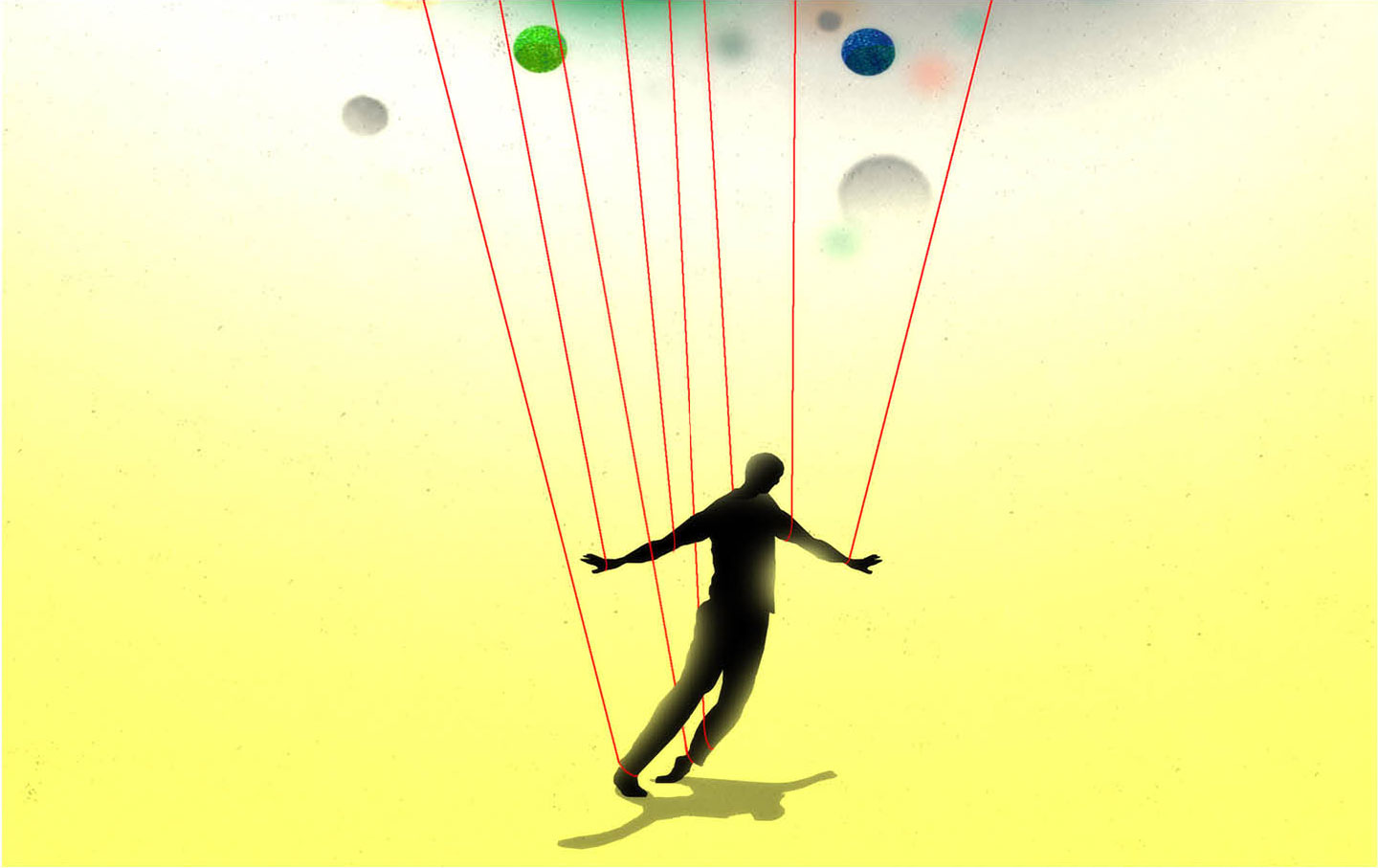Welcome to the Age of Psychedelic Inequality

🌈 Abstract
The article discusses the growing accessibility and affordability issues surrounding psychedelic-assisted therapies, which have shown promise in treating various mental health conditions. It highlights the challenges faced by lower- and middle-income individuals in accessing these treatments, as the costs can be prohibitively high, often ranging from $1,500 to $15,000 per session. The article explores the factors contributing to this access gap, including the lack of insurance coverage, the influx of corporate investment, and the emergence of a high-end "psychedelic wellness" industry catering to the wealthy. It also examines the efforts of advocacy groups and researchers to address these inequities and make these therapies more widely available.
🙋 Q&A
[01] The Accessibility and Affordability of Psychedelic-Assisted Therapies
1. What are the typical costs associated with psychedelic-assisted therapies?
- Psilocybin therapy sessions can cost between $1,500 and $3,500 per session
- MDMA-assisted therapy programs typically cost $11,000 to $15,000, including multiple sessions with a therapist
- Ketamine treatments can range from $400 to $800 per session, even though the drug itself costs as little as $10
2. What are the main factors contributing to the high costs of these therapies?
- The lack of insurance coverage, as these treatments are often considered "off-label" or not covered by health insurance
- The influx of corporate investment and the emergence of a high-end "psychedelic wellness" industry catering to wealthy consumers
- The need for trained therapists and specialized facilities to administer the treatments safely and effectively
3. How are lower- and middle-income individuals being impacted by the accessibility and affordability issues?
- Many people who could benefit from these therapies are unable to afford the high costs, leaving them without access to these potentially transformative treatments
- The article highlights the stories of individuals like Katy, who have resorted to DIY psychedelic therapy due to the financial constraints, but without the same level of professional support and guidance
4. What efforts are being made to address the equity and accessibility issues in the psychedelic therapy field?
- Advocacy groups like the Psychedelic Access Fund are working to make these treatments more accessible to underserved communities
- Researchers and organizations like MAPS are exploring ways to expand insurance coverage and train more therapists to administer these treatments
- There are also discussions around decriminalization and legalization of psychedelics, which could potentially increase access, but concerns remain about the potential for a two-tiered system where the wealthy have access to professional support while others rely on DIY or recreational options
[02] The Potential Impact of Psychedelic-Assisted Therapies
1. What are the potential therapeutic benefits of psychedelic-assisted therapies?
- Research suggests that hallucinogens and similar drugs may be able to ease or even cure conditions like post-traumatic stress disorder, addiction, depression, and other psychiatric disorders, sometimes in just a few sessions
- Studies on the use of MDMA and psilocybin, alongside psychotherapy, have shown promising results in treating PTSD and depression
2. How have the promising findings on psychedelic-assisted therapies influenced the mainstream perception and acceptance of these treatments?
- Over the past decade, there has been a shift in thinking towards the recognition of the potential therapeutic benefits of psychoactive substances, with increased attention and advocacy from various stakeholders, including writers, mental health advocates, and even business leaders
3. What challenges remain in ensuring equitable access to these potentially transformative treatments?
- The article highlights the "inverse law of care," where the communities with the greatest need for mental health treatment are the least able to access these emerging psychedelic-assisted therapies
- Concerns have been raised about the potential for these treatments to exemplify and exacerbate existing structural inequities, particularly for marginalized communities such as Black, Indigenous, and people of color (BIPOC) and those with lower socioeconomic status
</output_format>